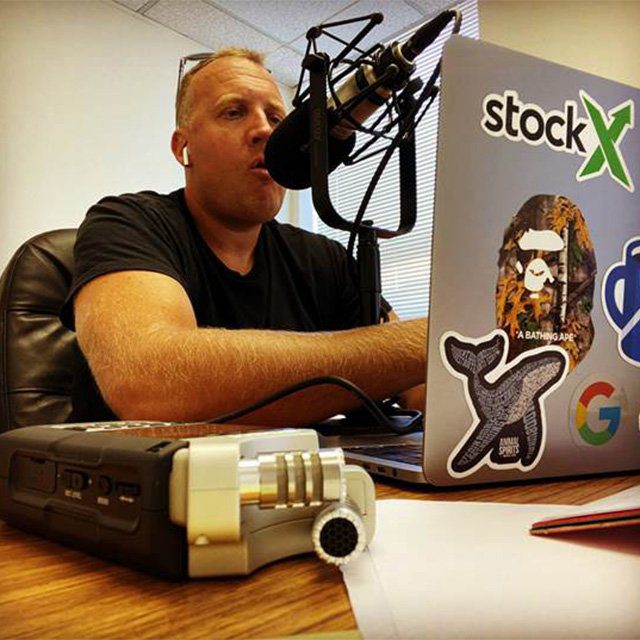The Ugly Economic Truth We Can't Unsee: Josh Brown

What You Need to Know
Broad financial freedom spurred by economic stimulus programs freed ‘wage slaves’ and broke the economy, Brown wrote.
People weren’t supposed to see that the system buckles when everyone attains prosperity all at once, he opined.
The Fed is willing to crush the stock market, jobs and real estate to fight inflation and get back to ‘normal,’ Brown said.
The wealth created by pandemic-driven economic stimulus programs exposed a problem that “you weren’t supposed to see,” Ritholtz Wealth Management CEO Josh Brown wrote in a fiery blog post: “Widespread prosperity, it turns out, is incompatible with the American Dream.”
In a post Sunday on his blog, The Reformed Broker, Brown ripped into the Federal Reserve, CEOs, politicians and the news media, accusing authority figures of trying to distract citizens from “the truths unleashed in our economy last year” and from “the almost-liberated wage slaves being put back into their places.”
The Fed, he wrote, is willing to crush the stock market, real estate market and jobs to return to a pre-pandemic “normal” in which “the rich had unlimited options” while “the working poor had no options in this world but had lots of obligations.”
The pandemic brought the greatest real-time economic experiment since the Great Depression, with every person in the economy participating, Brown explained.
Everyone was a financial winner as the government generated $4.3 trillion in direct economic stimulus, pumping $3.95 trillion into the economy in less than 18 months, with cash going straight to business owners and regular citizens, Brown noted. Through loan forgiveness, U.S. businesses have kept almost all of the nearly $800 billion in Paycheck Protection Program money the government delivered, he said.
The experiment started with the hypothesis that the U.S. could effectively shut down all but essential commerce if it printed enough money that no one fell behind on their bills, Brown explained, adding, ”It took a lot of money, but it basically worked.”
With the sudden burst of liquidity, “everything was unprecedented,” from a booming stock market to soaring real estate values, he said. Household debt shrank, savings and net worth increased, but the pandemic experiment “worked too well,” Brown said.
“Everyone had money. Everyone had options,” he wrote. There was a “bull market” in people starting their own businesses, quitting their jobs, moving their homes, working flexible hours, secretly working two full-time jobs, indulging in hobbies and making career changes, he added.
“Whatever people wanted to do, they could do. Freedom on a previously unimaginable scale,” Brown said. “We were minting millionaires by the minute,” as investors lined up to buy businesses and real estate. “Capitalism felt like it offered possibilities for everyone for the first time ever,” he wrote.
“No one was left out. And that was the problem,” putting broad prosperity at odds with the American Dream, Brown said.
“The only way our economy works is when there are winners and losers. If everyone’s a winner, the whole thing fails. That’s what we learned at the conclusion of our experiment. You weren’t supposed to see that. Now the genie is out of the bottle. For one brief shining moment, everyone had enough money to pay their bills and the financial freedom to choose their own way of life,” he wrote.
“And it broke the f—ing economy in half.”
And now?
“The authorities are panicking. Corporate chieftains are demanding that their employees return to the way things were, in-person, in-office, full time. The federal government is hiring 87,000 new IRS employees to see about all that money out there. The Federal Reserve is trying to put the toothpaste back into the tube” by implementing the fastest interest rate hikes in four decades and unwinding its massive balance sheet, Brown wrote.




